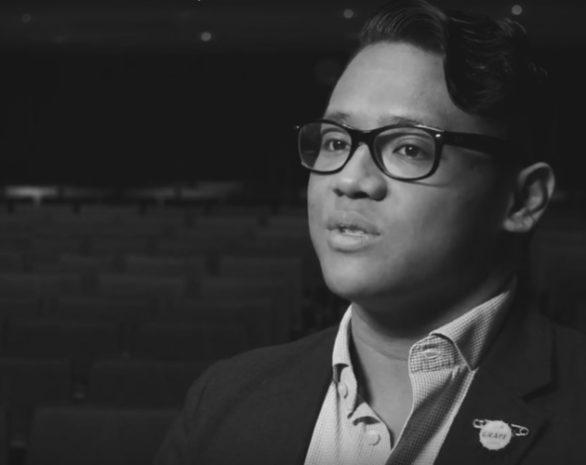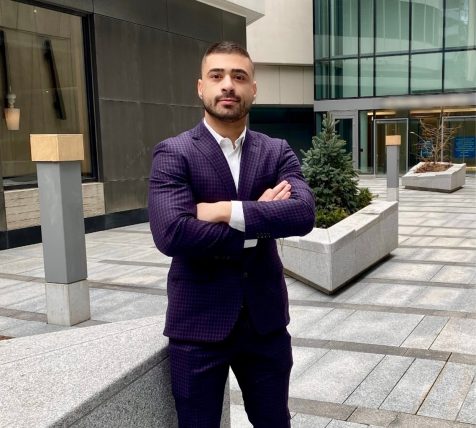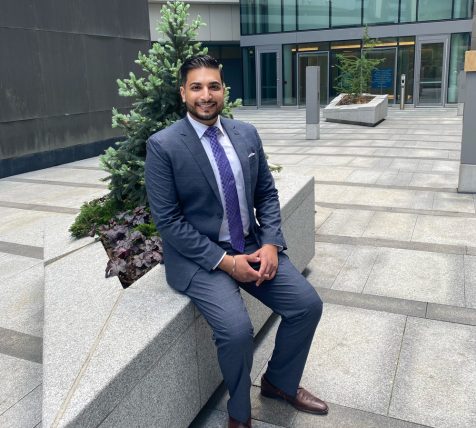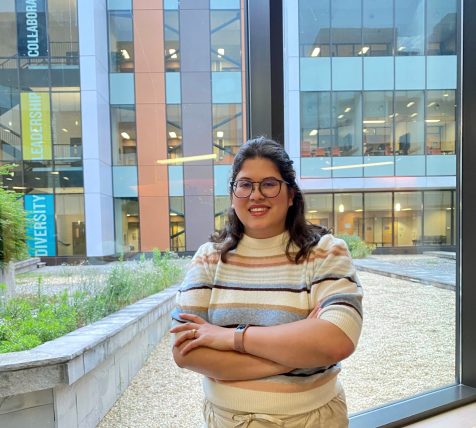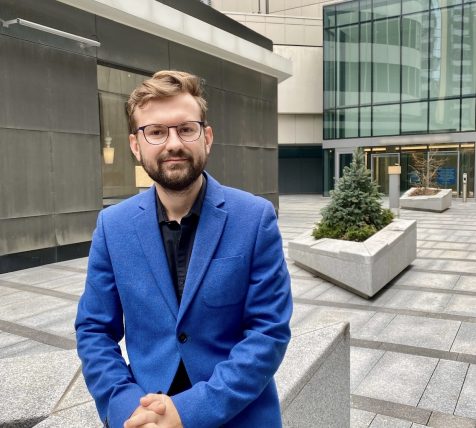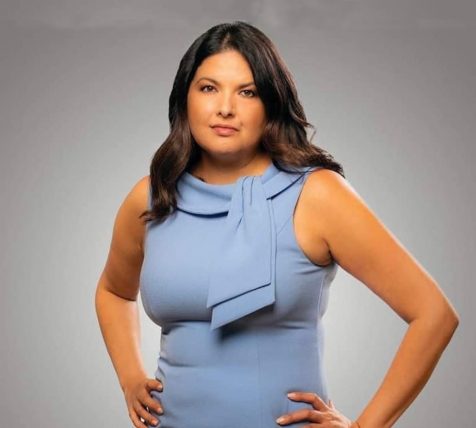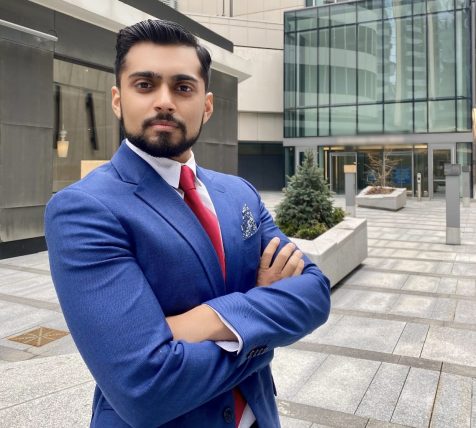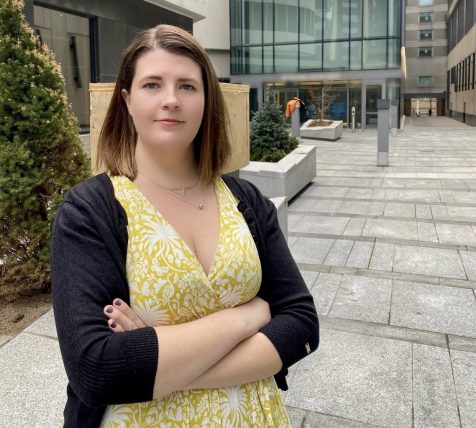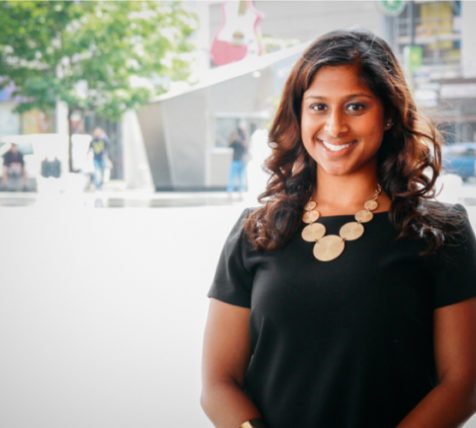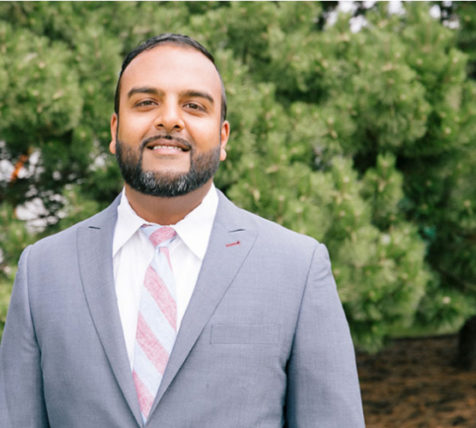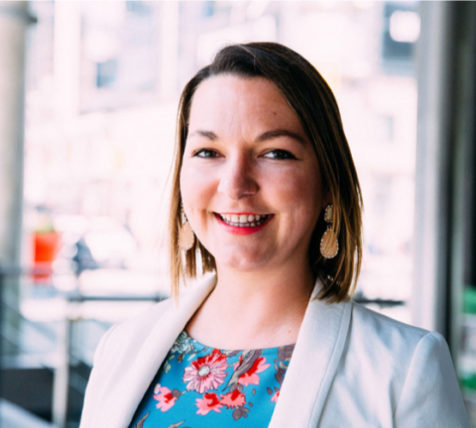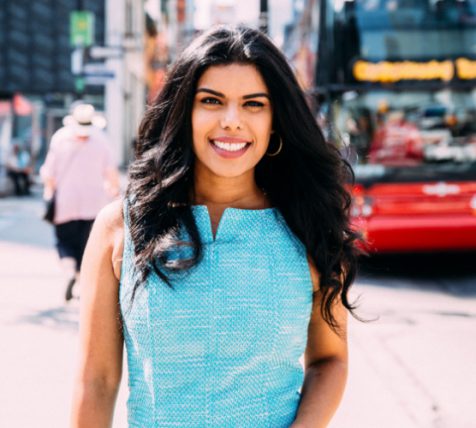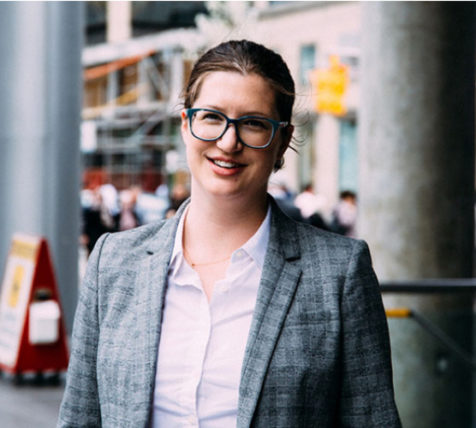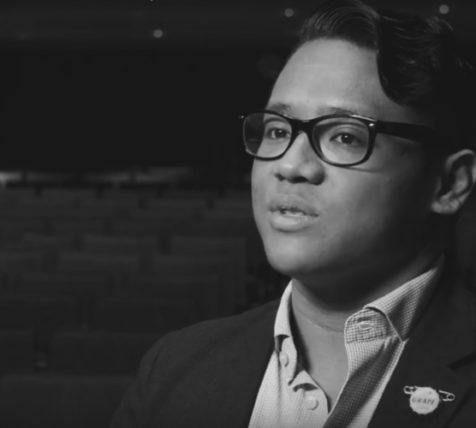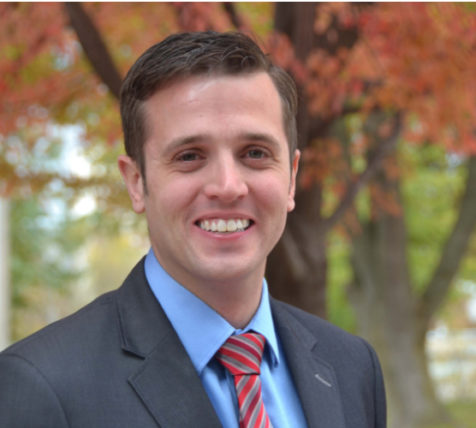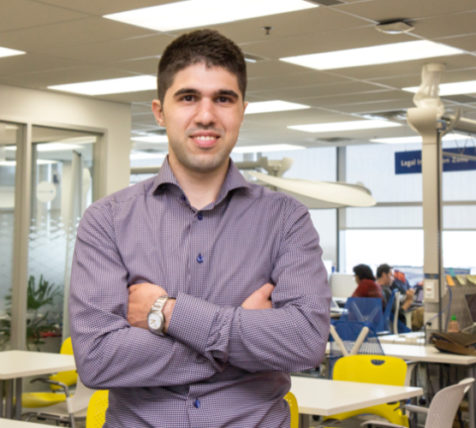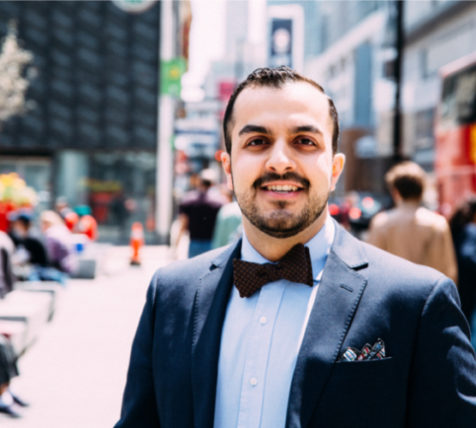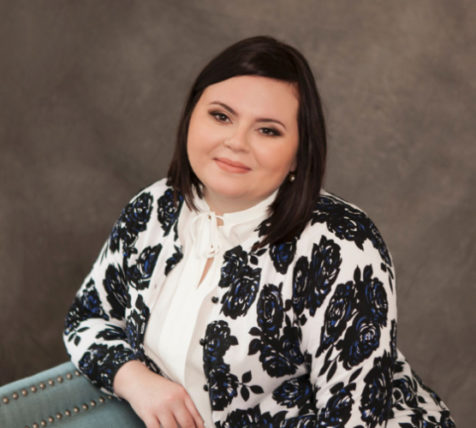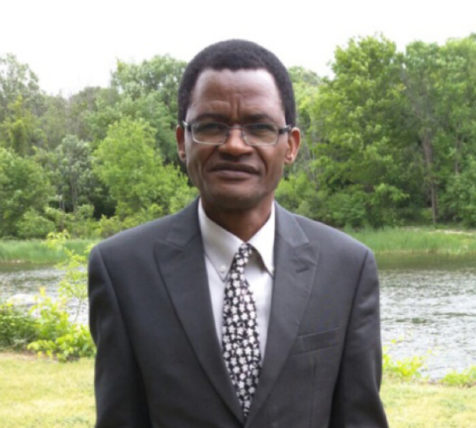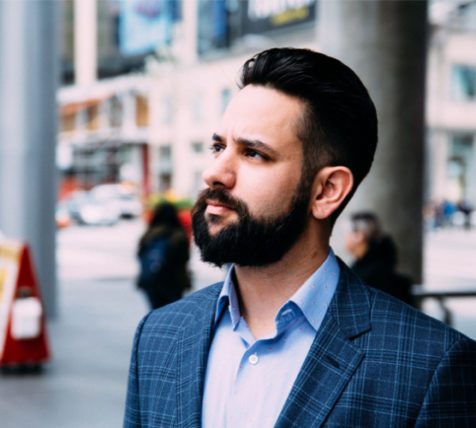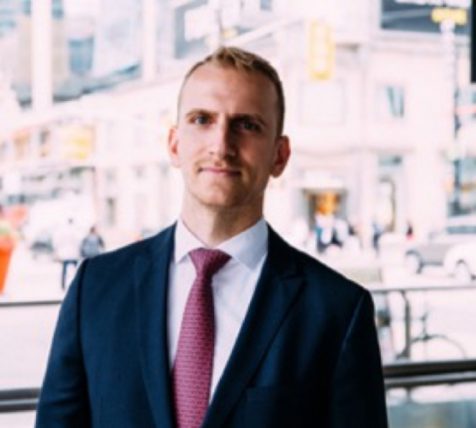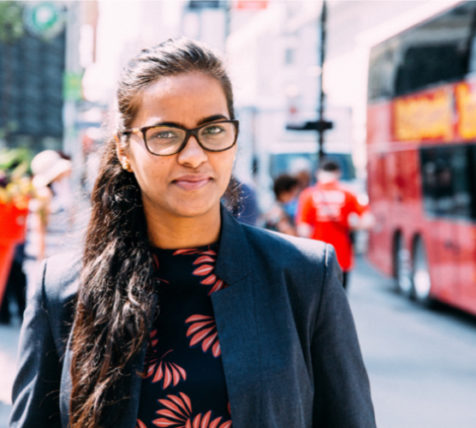Joseph Cuyegkeng
2015/2016
Joseph is a creative soul who enjoys taking the road less traveled. He is disciplined, boisterous, and enormously curious.
About Joseph
Joseph is a creative soul who enjoys taking the road less traveled. He is disciplined, boisterous, and enormously curious. He is a self-confessed pop-culture junkie. Music is his language. And his childhood experience with the arts fuels his growing ambition to be a game-changing entertainment lawyer.
Where did you earn your law degree?
Osgoode Hall Law School.
Why law? What inspired your legal aspirations?
While a lot of people I know planned on being lawyers from birth or earlier, I actually came across the profession by accident. I applied to university planning to study forensic science, but I eventually found myself more interested in my law courses than my science courses. Coupled with my background in the performing arts, I started law school thinking that I would become a litigator, but my eventual studies in intellectual property law (copyright especially) pushed me toward entertainment law and the transactional side of the creative industries. From then on, I saw my legal career as a way to help other people fulfill their artistic aspirations while satisfying my own need to be “creativity-adjacent”. There’s also the usual glitz and glamour of the entertainment industry, but who cares about that?
What role does music play in your life?
Music has always been a big part of my life. From Grade 3 to Grade 12, I attended St. Michael’s Choir School in downtown Toronto, which had all the trappings of an old-fashioned, boys-only Catholic school like uniforms and priests working as part of the faculty. As you can imagine, that kind of respect for tradition had a strong influence on the school’s music curriculum, which focused entirely on sacred music and required us to sing at mass on weekends during the school year. Even so, my vocal studies are what allowed me to appreciate music in all its forms as a means of expression and self-realization, leading me to embrace a broad range of styles and genres that differed greatly from what I was being taught. Once I graduated, my interest in music is what got me involved in the performing arts, which is what got me involved in the creative industries generally.
In retrospect, with its strict adherence to tradition, St. Michael’s also served as a proving ground for the kind of critical thinking that I have relied on throughout my legal education. When you’re an angst-y teen surrounded by arguably archaic rules and restrictions, you become naturally inclined to question why the old way of doing things is still our way of doing things. Although I now have occasion to devote that passion for debate to much higher pursuits, my classmates and I typically used it to argue why the school should start admitting female students. Incidentally, arguing that point is another St. Michael’s tradition that continues to this day.
What was it like growing up in your family?
Based on the volume of my voice, people have guessed that I have a big family, which I would say is completely accurate, if a little presumptuous. My parents immigrated to Toronto from the Philippines in the late 80s although they both attended schools in the U.S. before that. I am the eldest of three children, but my siblings and I are far outnumbered by our cousins, about half of which are still in the Philippines while the rest are mostly based around Toronto and New York. As a result, Cuyegkeng family gatherings have always carried the subtext that we could go bigger (and louder) if we wanted to. My upbringing was fairly strict, but not nearly as strict as how my parents and their siblings were raised (or so they tell me somewhat defensively). Despite yielding a good number of doctors, I appear to be the only lawyer in the family. Some relatives tell me that a great aunt of mine was an appellate court judge in the Philippines, but they have been unwilling to corroborate that story with reliable evidence.
Describe a particularly memorable or significant experience during the training component of the LPP:
One notable experience involved guiding one of our virtual clients through the criminal justice system, including his arrest, detention, plea-bargaining, and examination at trial.
Where did you complete your LPP work placement?
I completed my LPP work placement at the Toronto International Film Festival (TIFF), which I was surprised to find out is a charitable organization. While there, I advised on everything from their sponsorship agreements, to their year-round programming contracts, to their marketing strategies.
Describe a particularly memorable or significant experience during the work placement component of the LPP:
TIFF has a lot of events that cater to children, chief among them its summer camps and its interactive exhibitions. Naturally, I was asked to do some extra research on what circumstances and consents would be required for TIFF staff to be able to film and photograph young event attendees for promotional purposes. Soon after I’d submitted the memo, I came to the realization that I may have inadvertently put myself on a government watch-list because my Google and database searches tended to consist of the words “minor”, “consent”, and “photography” in one combination or another. The only reason I’m willing to laugh about it now is because the other shoe has yet to drop.
Describe some of the more particularly helpful tools or skills you acquired during the LPP:
Client interviews (however simulated) were helpful exercises as were the in-person week assignments that involved us making submissions to experienced lawyers portraying judges.
Words of advice you can offer future LPP candidates:
First of all, I would tell future LPP candidates to keep an open mind with regards to the training component. Speaking for myself, I wasn’t exactly raring to go when it came to learning about practice areas that I had never dealt with before, but there is definitely a practical benefit to the exercises regardless of the law involved. Moreover, my supervisor at TIFF expressed surprise (the good kind) at the level of training I’d received in comparison to what he recalled of his own articling experience. On that topic, I’d also advise future candidates to start laying the groundwork early for any work placements they might like to have. The flexibility of those placements is one of the LPP’s greatest benefits as it allows candidates to gain valuable experience with law firms and organizations that almost certainly don’t have the resources to train (or pay) an articling student for ten months but may be closer to your professional interests than anything else.
I wouldn’t fault anyone for having reservations about whether the LPP is equipped to prepare them for a legal career in the exact same manner that articling would, but there is definitely something to be said about the skills that are taught and the experience that is gained. In my case, I know for a fact that TIFF never would have considered taking on an articling student, so I can attest to how much more accommodating the LPP is to law school graduates with very particular interests as well as law firms and organizations with very particular needs. So, at the risk of sounding trite or sound bite friendly, if you have any doubts about whether the traditional model will allow you to get where you want to go professionally speaking, the LPP deserves your serious consideration.
